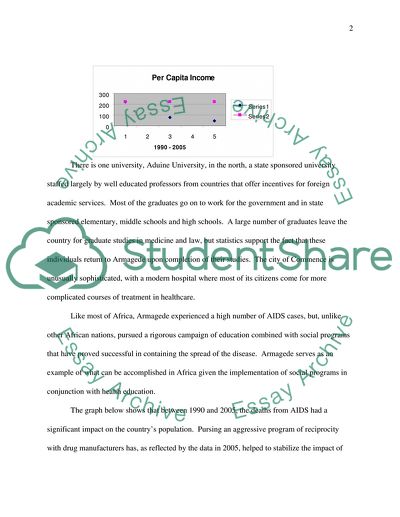Cite this document
(“The country of Armagede Essay Example | Topics and Well Written Essays - 1500 words”, n.d.)
The country of Armagede Essay Example | Topics and Well Written Essays - 1500 words. Retrieved from https://studentshare.org/miscellaneous/1535808-the-country-of-armagede
The country of Armagede Essay Example | Topics and Well Written Essays - 1500 words. Retrieved from https://studentshare.org/miscellaneous/1535808-the-country-of-armagede
(The Country of Armagede Essay Example | Topics and Well Written Essays - 1500 Words)
The Country of Armagede Essay Example | Topics and Well Written Essays - 1500 Words. https://studentshare.org/miscellaneous/1535808-the-country-of-armagede.
The Country of Armagede Essay Example | Topics and Well Written Essays - 1500 Words. https://studentshare.org/miscellaneous/1535808-the-country-of-armagede.
“The Country of Armagede Essay Example | Topics and Well Written Essays - 1500 Words”, n.d. https://studentshare.org/miscellaneous/1535808-the-country-of-armagede.


